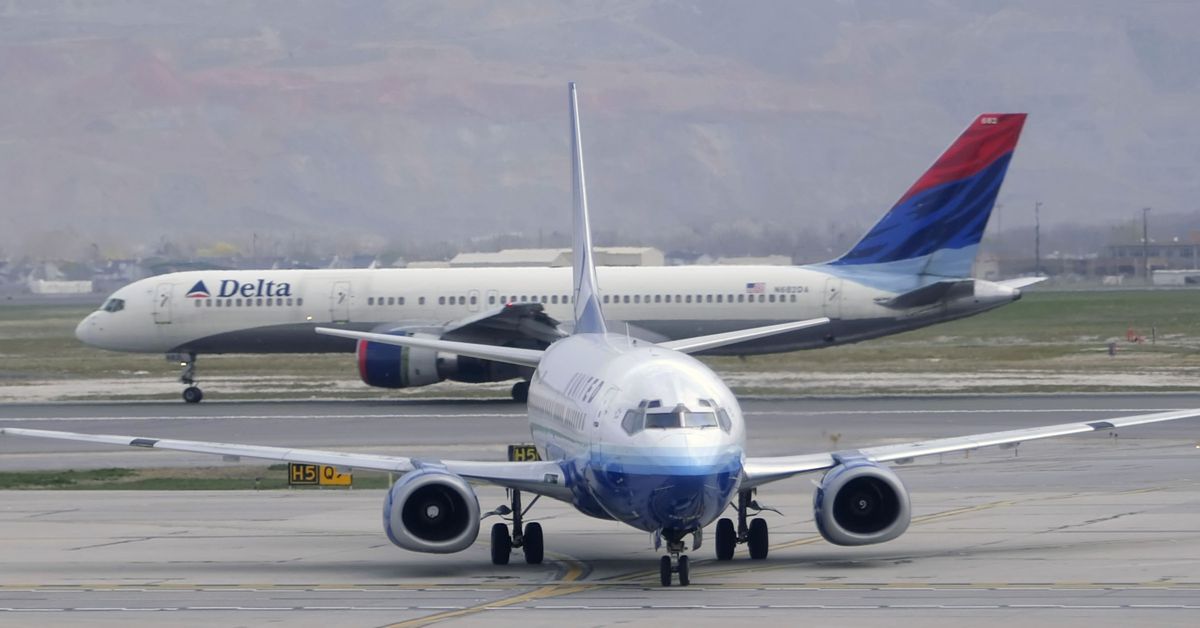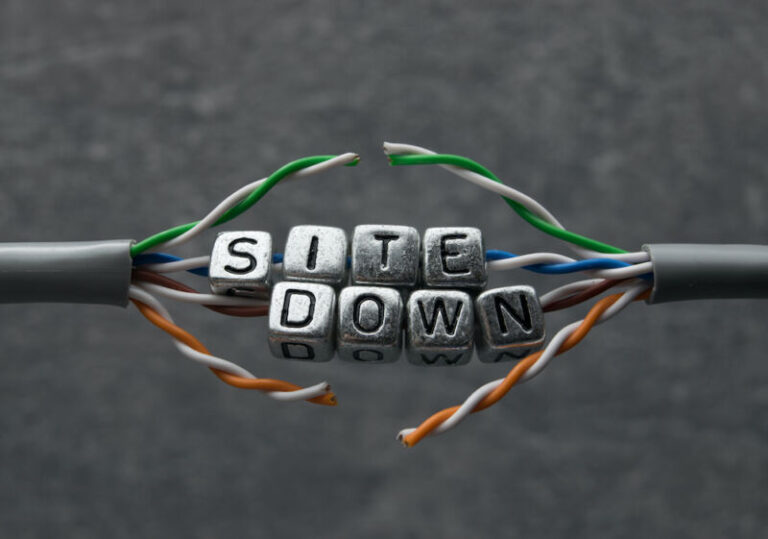
I rarely feel more squeezed as a consumer than I do when I fly. For some reason, I now have to pay to pick a seat. Buying the in-flight wifi is equivalent to throwing money in the trash. Flight insurance seems like a scam, but I’m never sure if surprise cancellation or change fees could make it worthwhile. The fee to check luggage, or even bring it on the plane with me, is always inexplicably increasing. A few years ago, United lost my bag for nearly the entirety of a 10-day trip to Nicaragua. (By the end, this trip was very gross.) It took me many weeks and multiple emails just to get back the money I’d paid to check the backpack that arrived at my destination literally the day before I went home.
There are plenty of reasons flying sucks. But one major and constant issue is competition, or rather, the lack of it. Last week, President Joe Biden signed an executive order intended to increase competition. The headlines have largely been about how this affects big tech companies, but the truth is there are monopolies and oligopolies in all kinds of industries.
The “big four” airlines — Delta, American, United, and Southwest — control a large majority of domestic passenger travel in the US. They set the rules of the air, whether that means increased baggage fees (sometimes happening in tandem) or higher ticket prices or an end of service to smaller airports altogether. And because there aren’t enough smaller players that can really compete with them — or stricter rules that, at the very least, make them be modestly less terrible — there’s not much ordinary people can do about it. A shitty flight experience is the only game in town.
It’s a great deal for the airlines; not so much for passengers. Airlines collected $8.6 billion in baggage and change fees in 2019, six times the $1.4 billion they collected in 2007.
Airlines are hardly the only example of corporate concentration making every life harder and pricier. Industry across industry, just one or a handful of companies is in control. And that often translates to a less-than-ideal situation for consumers. According to one estimate from New York University economist Thomas Philippon, monopolies and oligopolies cost the average American household some $5,000 a year.
In recent decades, the US economy has seen a disturbing drop in competition across multiple sectors. Consumers have few options on everything from chocolate to glasses to cheerleading uniforms. Big businesses claim to be helping small businesses while at the same time often stunting their growth or finding ways to extract money from them.
Increased competition can’t solve all of the American economy’s problems, or even most of them. But monopolies and corporate power permeate countless aspects of consumers’ lives. It’s ridiculous how hard it is to repair tech gadgets you own without going through the company that sold them to you, which, because it knows you don’t have another choice, can charge you whatever it wants. The same goes for a farmer trying to fix his or her tractor.
To quote President Biden, come on, man.
From an anti-monopoly standpoint, Biden’s competition executive order is a pretty big deal
On July 9, President Biden signed an executive order on competition (Recode’s Sara Morrison has a write-up of it here) that — if you are a person who cares about antitrust and overly powerful companies — is a pretty big deal. It includes 72 initiatives tackling a broad range of issues and sectors. It orders the Department of Health and Human Services to issue rules allowing for the over-the-counter sale of hearing aids. It pushes the Federal Communications Commission to bar internet service providers from inking exclusivity deals with landlords to offer tenants one internet option. It says that if an airline loses the bag you paid to check, the Department of Transportation should make it give you your money back. The same goes for in-flight wifi if it doesn’t work. The order takes a big swing at empowering regulators looking at the consolidated agriculture industry, and it seeks to put some real teeth into the Federal Trade Commission’s mandate, where new chair Lina Khan is expected to make waves.
“The heart of American capitalism is a simple idea: open and fair competition,” Biden said in a speech discussing the order. “That means that if your companies want to win your business, they have to go out and they have to up their game; better prices and services; new ideas and products.”
The order signals that competition is not a minor issue but instead a major plank of the White House’s political agenda, said Sarah Miller, the executive director of the American Economic Liberties Project, which backs antitrust efforts. “The point of this executive order was to situate it in that context,” she said. “This is something we’ve learned, and we’re rearranging our approach to how we think about the economy in a fundamental way.”
To be sure, how Biden’s executive order will fare in the real world remains to be seen. Some aspects of it would require legislation from Congress. Many of the rules this calls for will take months or years for agencies to put in place. And there are likely to be challenges in the courts, which have become more lenient on antitrust cases in recent decades.
Once you see America’s monopoly problem, you can’t unsee it
The US economy is one of growing inequality. It increasingly feels like those at the top are constantly gaining money and power while everyone else is left fighting for scraps. Corporate concentration and waning competition are contributing to that. Consumers and workers are stuck dealing with whatever conditions businesses impose on them.
In an ideal world, the market would basically foster enough competition to deal with itself without a ton of government intervention. The basic economic theory is that if profits in a certain industry become very high, new incumbents are enticed to enter that industry to try to get a piece of the pie. Ideally, they would compete those excess profits away. But that’s not what’s going on in the economy right now or what has been happening in recent years. Instead, one or a handful of companies have been allowed to capture enormous amounts of market share across a litany of industries and then use the power accompanying that market share to keep competitors at bay.
“Broadly speaking, over the last 20 years in the US, we see profits of incumbents becoming more persistent because they are less challenged, their market share has become both larger and more stable, and at the same time, we see a lot of lobbying by incumbents, in particular to get their mergers approved or to protect their rents,” Philippon, the NYU economist and author of The Great Reversal: How America Gave Up on Free Markets, told me in 2019.
While there are often calls to break up Big Tech or to dismantle big companies altogether, like what happened with AT&T in the 1980s, it’s also possible to increase competition by just putting in place different rules and better enforcing the rules that are in place, which Biden’s team gets at.
Congress passed legislation greenlighting that four years ago; it just hasn’t happened yet. If and when it does, the hope is that it lets more competitors get into the space with lower-cost offers that people will more easily be able to access. It seems small, but it has the potential to meaningfully improve millions of people’s lives. The hearing aid makers in control now still get to exist, just on a more level playing field.
It’s a big deal that the president is drawing more attention to this issue and others like it — and, hopefully, that more people are paying attention, too. The next time you call to complain about your internet service yet again or book a flight and wonder how in the world those extra fees added up so much, part of the answer is the company you’re dealing with has no incentive to act differently. And the government, on behalf of citizens, should be incentivized to change that.






